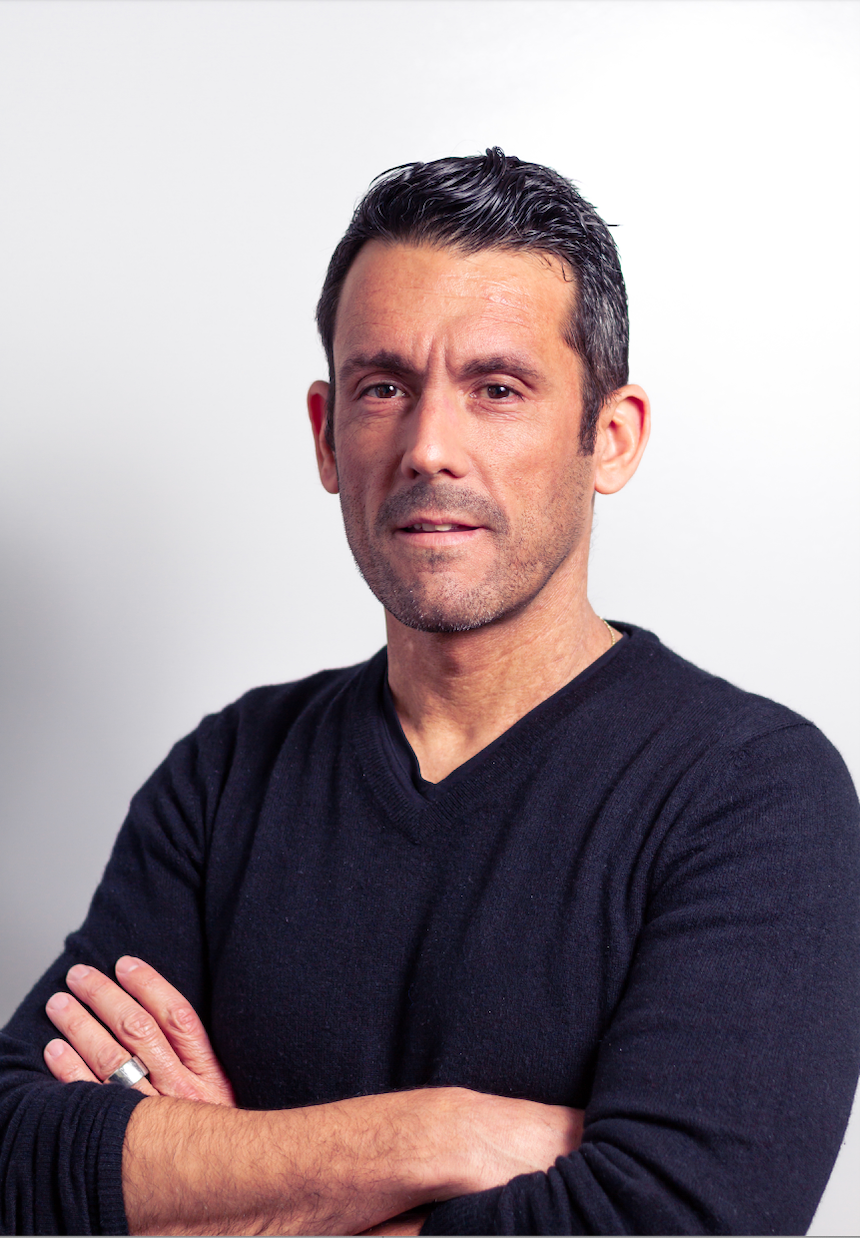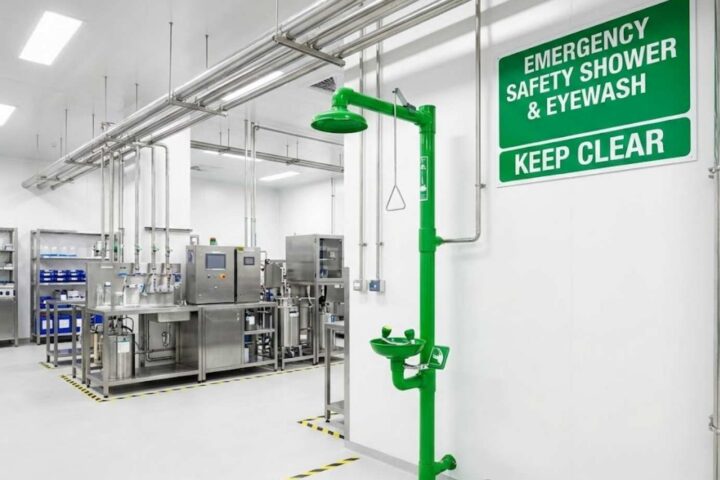Having just closed a pre-Series A round of $2.5 million, I realize that this is probably the most exciting part of the founder’s journey. I promised myself that I was going to enjoy this time period because after Series A everything changes and things move so fast that it’s never the same.
Between Seed and the Series A phase, you often lose many of the founding team members. You bring on many new senior hires from bigger corporations who help guide the focus to scale up, and it does not come without growing pains for the original team members and the organization as a whole.
Your time is consumed with enterprise partners, customers, and investors and it will never be the same, you’ve really launched and growth is exponential versus incremental.
From the founder’s view, this is when the vision gets real and you’re no longer on Zoom calls with angel investors, but grinding hard every day with your team and newfound resources to make real moves that impact all aspects of the organization.
For Mila, this has been a new office in London, quadrupling the number of brand partners we had just two years ago, and when all the numbers start lighting up your dashboard like a Christmas tree with new markets while additional locations are being planned.
Why Mila?
In 2020 the average number of connected devices in homes was twenty [Statista, 2020]. We founded Mila because we saw the future and knew that in less than ten years there will be 50 devices or more in every home, operating in ecosystems consisting of different brands and using various methods of transmitting and communicating data, such as Bluetooth, mesh networks, or wifi.
The magnitude of managing this many electronic devices is not only beyond the technical level of the average person, but most people simply don’t have time for DIY at this level of device complexity.
In the very near future just tracking battery changes or proactive intervention when the home network is down, for example, will be managed by subscription services, which research indicates, people are more than willing to pay for.
Europe and the smart device ecosystem
In Europe, most people begin their smart home journey with a smart speaker, smart light bulbs, or smart home security devices such as cameras, sirens, and smart locks.
They integrate their entertainment systems, security systems, and connected home appliances using smart digital assistants or smart speakers, bringing interoperability issues that the average person is unable to solve – complex issues when integrating with other device brands or operating systems.
Most systems require the services of a licensed electrician for the installation, set-up, and configuration of connected devices. And, although Mila techs are licensed professionals, they still need to be trained in the operation, installation, and repair of each brand.
These technical pros are rising and are becoming, as analyst firm Strategy Analytics termed, the new ‘digital plumbers.’
The market impact of MILA
The closest competitors to Mila’s business model are Puls and Hello Tech in the U.S., but these and perceived competitors in Europe are traditional tech companies. They drive the price and are not trained in installing smart home devices, especially for specific brands that we train our Pros for through the Mila Academy.
There is no one in Europe who has the business model we have that installs, configures and advises customers on the best devices and brands for their individual needs.
Licensed electricians cycle quickly from project to project each year which is why our crowdsourced model has proven so effective in retaining independent business professionals. Our Mila Friends, who are able to execute installations and setups that do not require a licensed electrician, round out our service teams.
At Mila, we have created market entry barriers in the tech support market that are extremely difficult for new providers to open up.
The backstory
Mila is my third company. My first company was a platform for ideas and the second was an online marketplace for fashion based on a crowdsourced tailor model.
I identified Mila’s first iteration in 2014 while serving as Swisscom’s Head of Service Experience and Innovation.
In my role at Swisscom, I identified hundreds of companies and startups
and introduced new innovations, cost-saving measures, and services for Swisscom through these companies’ new products and ideas.
My mandate was to cut costs, create revenue, and most importantly, create a cutting-edge customer experience. I bring all of these prime objectives to the table with Mila in all areas of our operation.
After the first year of using the former TaskRabbit model at Swisscom, we pivoted to what is now the customer-centric Mila crowdsourced model.
The money
In 2020, I found a group of investors and drove a management buyout, allowing me to build Mila in my own vision. Today, we have over 40 global brand enterprise partners and a crowdsourced body of over 11,000 technicians in five countries.
Swisscom was the primary investor in 2016, but we became independent because we wanted to go international and wanted to adapt this nimble model with our Mila Friends and Mila Pros.
The shift from being in a corporate environment to being an entrepreneur again was not a surprise and was always planned. Still, there is a big difference but I was prepared for these challenges.
The future and MATTER
Mila is moving from the marketplace to being the best tech service for residential, SMBs, and commercial operations in the world. Mila will be the number-one go-to company for all your tech at home and business operations.
We’ll monitor your home network with all your devices and proactively intervene when needed using automated software updates, video support, and friendly, efficient onsite support.
With our over 40 brand partners, the MATTER initiative will be helpful to our operations. Many of our large global brand partners have been integral to creating and perfecting this new standard.
New homes and multifamily housing are integrating smart device infrastructure right into the building of their structures and Mila is poised to take advantage of the rise of the ‘built-in’ smart home.
In the next few years, Mila will not only be an on-demand technical services marketplace serving multiple countries, but we will become a personal tech assistant for homes and businesses with plans ranging from basic to luxury and commercial markets.

Author Bio
Chris Viatte is the founder and CEO of Mila, the European leader of on-demand technical support operating in four EU countries and the UK.








